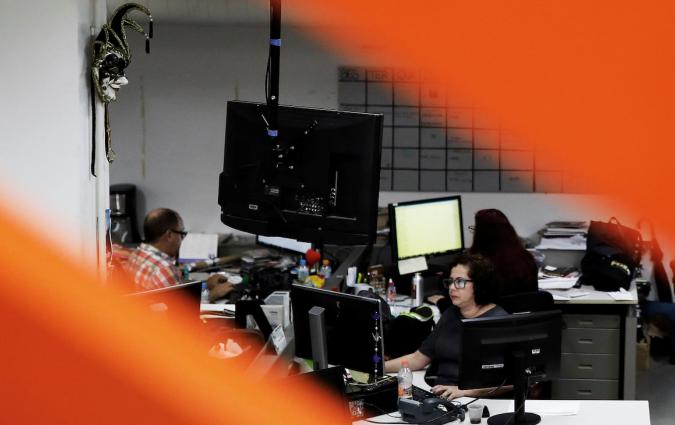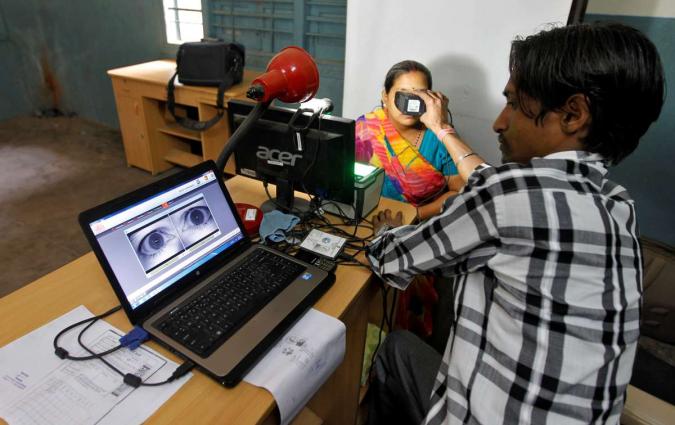Make Yourself Useful: Six simple things your newsroom can do for democracy

Reuters Institute Fellow's Paper
TV, radio, newspapers, and online media have historically provided society with a common foundation, ensuring the flow of information, offering an arena for debate – and a handful of other functions vital to democracy.
But we live in volatile times, and changes in media and media use are changing the game. A new research paper by Anders Hofseth sets out a number of key actions that can be taken in the name of democracy. 'Make Yourself Useful: Six simple things your newsroom can do for democracy' targets newsrooms; journalists, editors and management.
Hofseth is a strategic adviser working at the Norwegian Broadcasting Corporation's NRKbeta future lab and think tank. His research is based on interviews with 18 leading figures in media and academia, and is trying to establish: How can the media keep on fulfilling their democratic role in this changing landscape? “The new public sphere might have fewer shortcomings than what traditional media used to provide,” says Hofseth.
“But the ecosystem that societies depend on for informing and orienting themselves is changing – with social media increasingly at the core. Traditional media need to adapt to stay relevant and present, and several of the demands on media are changing. New needs have arisen, and some developed practices are dysfunctional."
“My research focus is on practices that can be applied within most larger newsrooms without major changes, giving closer advice on topics such as: Properly understanding social media, fact checking and overview, and common mistakes that should be avoided. A lot of the suggestions are fairly simple – some things bordering on the self-evident. Still, they often aren't done. Hopefully, the advice given here can contribute to changing that.”
As with all Fellows’ research papers, any opinions expressed are those of the author and not of the Institute.






